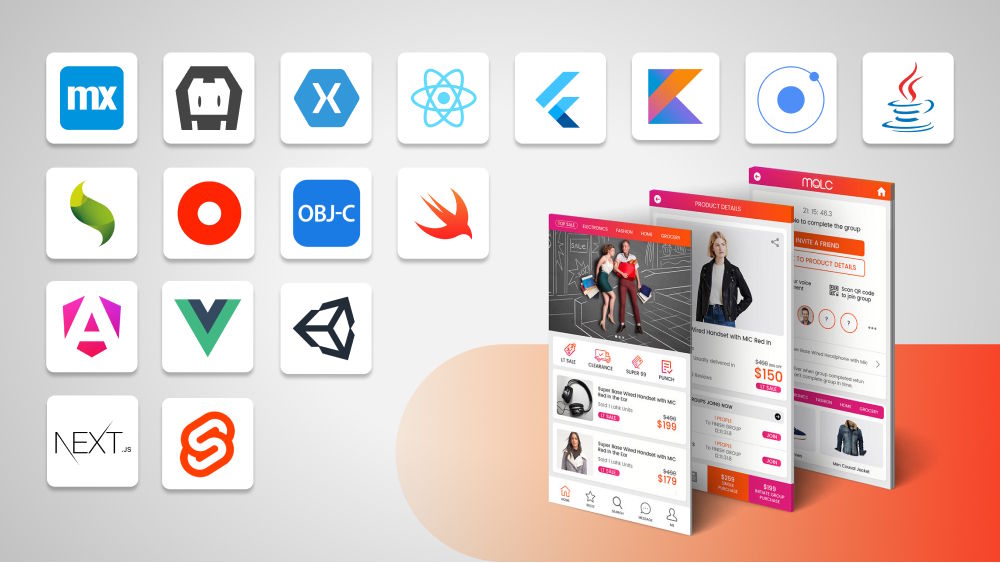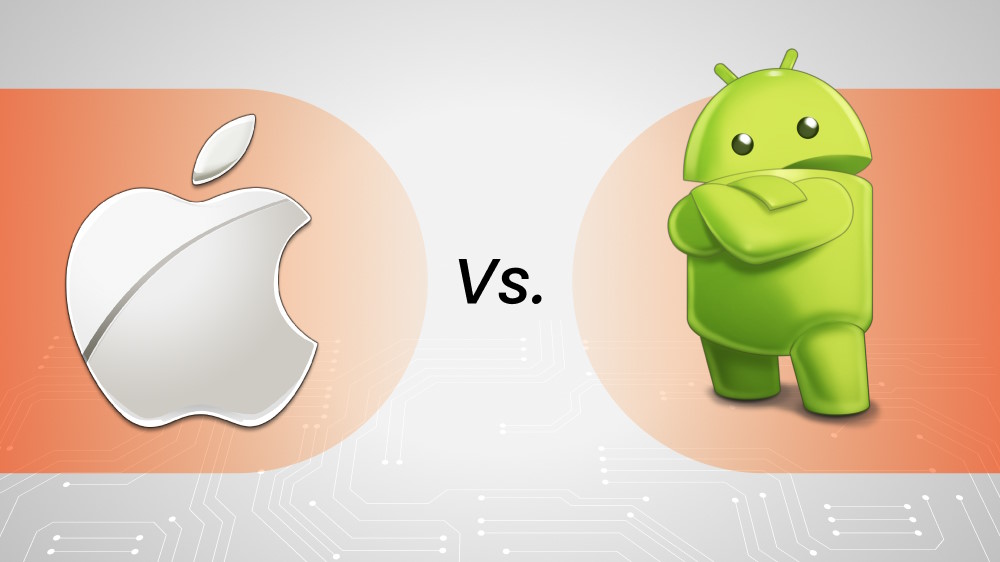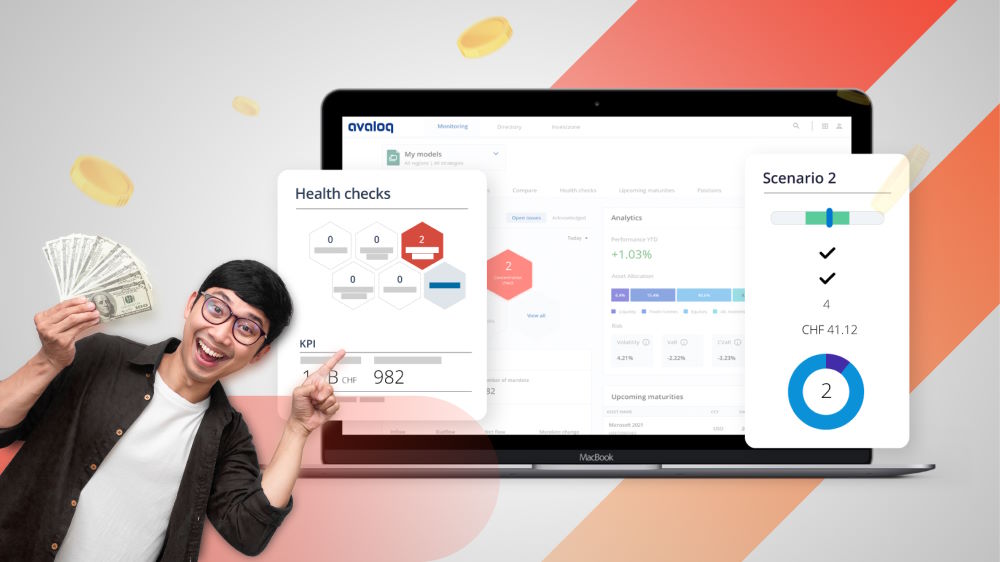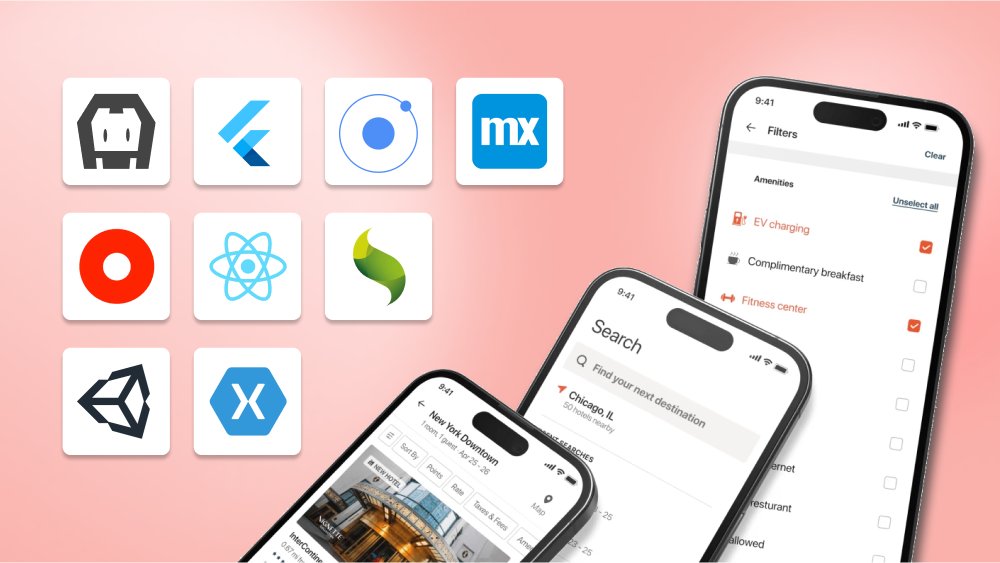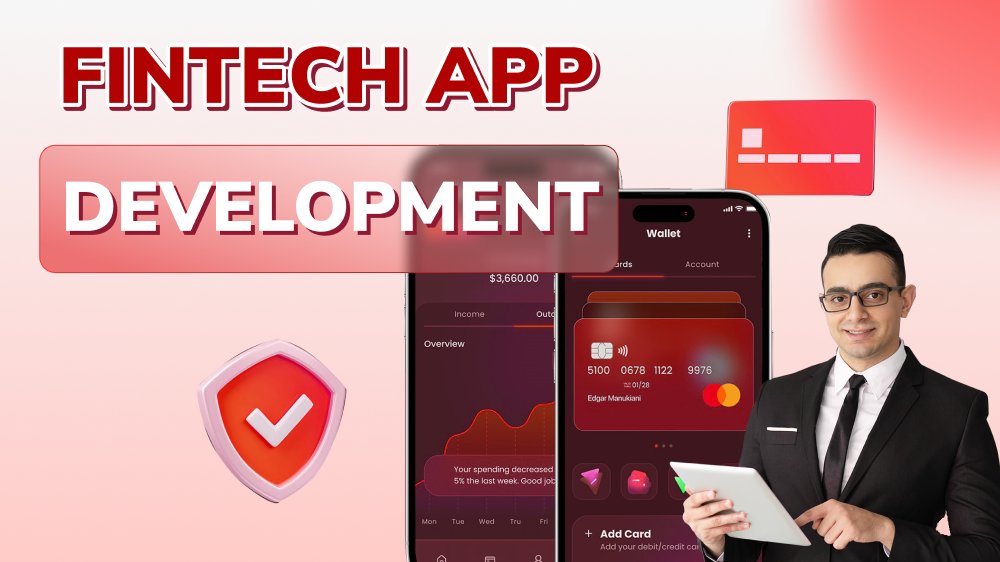What Does the Future of Mobile App Development Look Like?

Content Map
More chaptersAs the world becomes more and more transformed digitally, the future of mobile app development looks brighter than ever before. As the demand for smart devices is expected to more than double over the next four years, mobile app developers will become very busy, to say the least.
As the world becomes more and more transformed digitally, the future of mobile app development looks brighter than ever before. As the demand for smart devices is expected to more than double over the next four years, mobile app developers will become very busy, to say the least.
With this forecast of exponential growth in the market for smart devices, we are likely to see new items from our everyday life to turn digital and become smart. Some such items would include anything from your household appliances like your fridge, oven, and microwave, to your children’s toys.
Those advancements in technology would require the expertise of mobile app developers who will be presented with a new set of standards and unique challenges that they need to solve in order to provide a good product for the consumers.
In this article, we will explore a range of different areas where we are likely to see changes in conventional mobile app development practices.
1. Rise of Wearables and Smart Devices
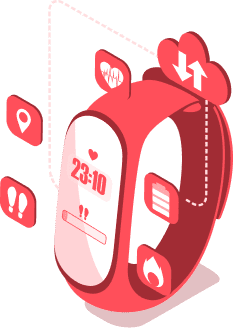
According to research conducted by Statista, the number of connected smart devices worldwide is expected to be around 30.9 billion units by 2025, a sharp increase from the 13.8 billion units that are expected for 2021. Those units would be anything from toys to household appliances and electronics, to smart devices, and more.
We are likely to see a shift in the way mobile apps are developed in the future due to the unique set of requirements and purpose of use to the consumer when it comes to making everything smart.
2. Mobile Commerce Will Continue to Expand

As the shift of digital and physical consumptions leans more and more towards the use of mobile digital payments, it is only logical that mobile commerce and utilization of payment system apps like Apple Pay and Google Wallet will continue to rise.
Should we happen to throw wearable technology into the mix, we will eventually see people using devices like mobile phones and smartwatches instead of standard debit and credit cards. This will have a fairly big impact on the demand for mobile app development as more and more devices will need mobile payment integration.
3. Cloud-Driven Applications Will Continue to Grow

As applications become more and more comprehensive in nature, we also see an influx in the digital size of the applications, which means that they will start to take up a lot more space on the users’ smart devices. This isn’t very welcomed, as the large majority of consumers barely even download any applications anymore, with the average app download per person being between 2 and 4 per month.
Research carried out by Cisco found that almost 90% of all mobile data traffic will lean towards cloud-driven applications. This comes as no surprise since powerful mobile applications are now able to retrieve data from the cloud without taking up that extra space on the user’s mobile phone.
What does this mean for the future of mobile app development?
Mobile app developers will need to become smarter in their mobile app development practices. Developers for apps that are already fairly large in size will need to work out a way for the application to retrieve data from the cloud, in order to save the consumer a lot of space on their device.
4. Micro and Enterprise Applications Will Be Widely Accepted

As a result of the Covid-19 pandemic, the entire world saw a shift in the way we all work. Forced to work from home, and away from everyone in the office, we all had to find solutions to a unique set of challenges presented to us.
Thus, the future of applications designed for providing a solution to achieving an efficient workflow, management, and tracking of employee progress will become even more comprehensive and in-demand.
As a result of that, the mobile app development world is likely to see an increase in projects focusing on making the remote workplace more efficient for both the employer and the employee.
5. Augmented Reality Will Become Even More in Demand

The launch of the game Pokémon Go was such a huge success that the public started paying attention to Augmented Reality (AR). Since then, AR technology has grown in popularity in areas other than gaming, such as retail, real estate, healthcare, and others.
As more and more people continue to shop on the internet, with the implementation and advancement of AR technologies, the purchasing of larger items such as sofas, TVs, fridges will become more acceptable. The core reason behind that would be because consumers will be able to see the items they plan to buy in real size in their very room through the lens of their phone camera.
While AR is still in its early days and is far from perfect, it is certainly set to make some big changes in the mobile app development world, with more and more businesses requesting developers for integrating AR as a feature of their app.
6. More Attention Will Be Given to Cyber Security

As hackers become more and more creative in their practices, companies in the likes of Uber, Facebook, and Google begin to experience attacks from hackers more and more often, causing them to leak user data, and face hefty penalties.
Moving forward, we can expect the app developers of the future to pen-test their apps much more rigorously and pay more attention to the way they secure their applications to protect sensitive user information.
7. Location-Based Services Will Become More Popular

When it comes to providing location-based services (local restaurants, gyms, shopping malls, medical centers, and more) to users, the most widespread names in the game are Apple’s iBeacon and Google’s Beacon. Due to their exponential growth of integration with a number of mobile applications, marketers and businesses can now see a ton of information about the behaviors of their customers. This knowledge and information allows them to make all kinds of adjustments to increase their sales.
How will this impact the mobile app development industry? A lot of applications will want this type of integration so they can apply these very methods to their business and marketing model to increase sales. Mobile app developers will be challenged with the need of having to adapt their processes to meet the expectations and requirements of their customers.
8. Instant Applications

It’s no secret that users love instant mobile apps that don’t need to be downloaded. While the idea of instant apps was born way back in 2016 and is still bound to pick up, with users becoming more and more demanding for quicker and more convenient solutions, we can expect a shift in consumer behavior, which mobile app developers will need to adjust to.
As this style of mobile app development is still quite new, many businesses often choose to offshore their mobile app development project. This is mainly due to the lack of talent in their area that is capable of overcoming the unique set of challenges and requirements that come with instant applications.
9. Predictive Analytics Will Affect UI/UX

Companies in the likes of Facebook and Apple are already using Artificial Intelligence with predictive analytics to offer their consumers a better user experience. As these giants in the tech world set a standard and make consumers more satisfied than ever, start-ups will soon have to take AI into account to stand a fighting chance against the big tech companies.
As a result of this, mobile app developers will soon have to make the integration of AI technologies part of their mobile app development process to meet the demand of the mobile app development industry.
10. On-demand Applications

Mobile app developers are likely to see an influx of development projects for on-demand applications. On-demand apps are applications that act as the middleman between the consumer and the producer.
One very popular on-demand application is the Danish service provider “Just Eat” which caters for linking up hungry consumers with all the local restaurants that do takeaways, essentially providing a digital marketplace for food, drink, and other consumables.
As a result of the Covid-19 pandemic, which locked up the entire world for months at a time, many people were forced to seek solutions on the internet for their problems from getting food delivered to their home to hiring plumbers and electricians.
This has only sped up the process making on-demand applications popular amongst the consumers.
Conclusion

As we continue to make our lives easier through digital solutions, the mobile app development industry is set to be presented with a new series of challenges that they need to resolve in the not-so-distant future.
From integrating AI and AR technologies to making applications more comprehensive and secure, many new changes will have to be made in the app development practices in order to achieve an outstanding level of UX/UI.

